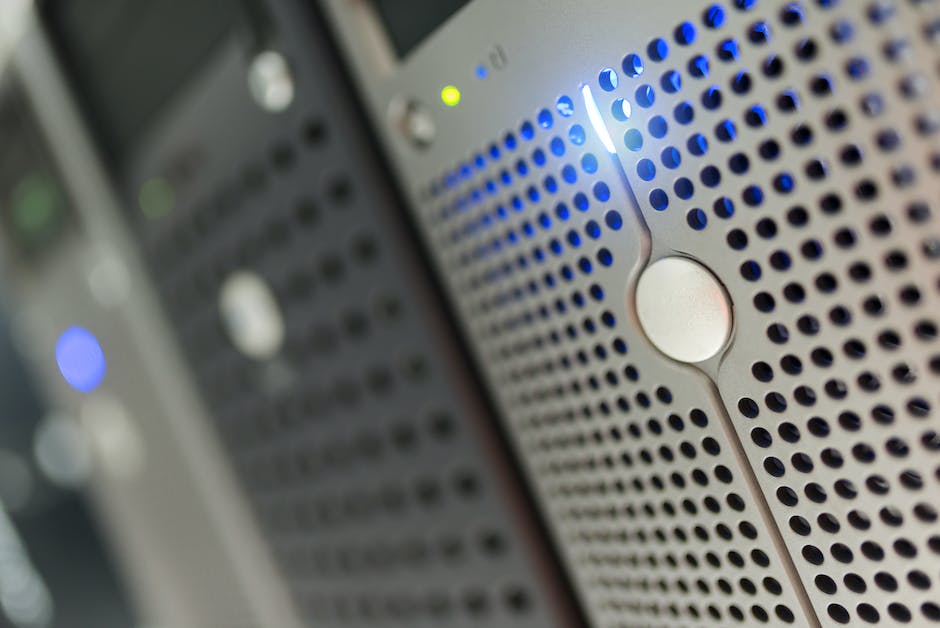In connection with the development of information technology and computerization of the economy, ensuring information security becomes one of the most important issues in the company’s activities. Explore the various measures data room services employ to ensure the security and integrity of corporate data in the post below.
Security Protocols in data rooms
Document management requirements are complex, span multiple jurisdictions, and are constantly changing. Companies must be able to analyze their data and determine which parts of it are subject to new or changed requirements. Particular attention must be paid to personally identifiable information: it must be identified, tracked and verified to ensure Access Control with increasingly stringent international data privacy requirements.
The virtual data room software is an excellent example of a cloud-based data management solution that leverages advanced capabilities to manage data throughout its lifecycle. With data management, you can track the flow of data throughout your organization, ensuring timely access to reliable, accurate information for the users you need.
Among the main protocols in data rooms are the following:
- Access Control: That feature was developed to make working with documents as safe as possible and protected from all types of leaks, including those caused by employees through screen photos and/or document printing.
- Encryption: Encryption is a crucial component of VDRs to ensure data security and prevent unauthorized access.
- Document Tracking: Document tracking features allow administrators to monitor who accessed documents, when, and for how long, often down to the page level.
- Security Audits: Data handling using the virtual data rooms ensures, among other things, legality, integrity, transparency, accuracy, confidentiality, and compliance with restriction and retention requirements during audits.
At its core, the virtual data room is a document collaboration service and does an excellent job of this task. Everything is built intelligently and intuitively, including file locking, colored “flags” for the file indicating the version number, metadata tags, access statistics and task management during the workflow.
Compliance and Data Room Security
A VDR is a space that complies with regulatory standards like GDPR, where confidential documents are uploaded and stored, which the user can open to trusted third parties for viewing, exporting, or printing with permission set.
It is worth noting that the space additionally provides secure access to documents for all interested parties and Industry Standards, including third parties involved in transactions: lawyers, bankers, auditors, experts and representatives of regulatory authorities. All documents used in the space are automatically marked with invisible tags, which allows, in the event of a leak, to conduct an investigation and identify who compromised them.
Regulatory Compliance of virtual data rooms with data privacy regulations such as the General Data Protection Regulation (GDPR) and California Consumer Privacy Act (CCPA) not only ensures that businesses are operating within the law but also fosters trust amongst stakeholders, reduces the risk of legal repercussions, and enhances the company’s reputation. It also enables businesses to protect their most valuable assets from potential breaches and misuse.
Thus, ensuring complete and reliable information security of an enterprise is possible only if an integrated and systematic approach is used. The data room system must be built taking into account all current threats and vulnerabilities, as well as taking into account those threats that may arise in the future.
Therefore, it is important to provide support for continuous monitoring, which must operate daily and around the clock. A necessary condition is to ensure control at each stage of the information life cycle, starting from the moment it enters the company’s infrastructure and ending with the loss of its relevance or destruction of data.
Data Room Security in M&A Transactions
The importance of data room security in maintaining the confidentiality and safety of information during M&A transactions is huge. The uniqueness of the solution for M&A lies in the combination of Transaction Safety protection, which allows you to control access and not lose control over Microsoft Word, Excel or Point documents even after they are uploaded from outside the perimeter.
After purchasing the solution, the risk of leakage of sensitive information when exchanging files between employees and third parties is significantly reduced. Thus, a virtual data room for M&A offers a unique, high-quality IT product on the domestic market, which:
- applies DRM protection to MS Word, Excel or PowerPoint documents;
- blocks previously sent files that have already been downloaded;
- allows you to centrally manage access rights to files;
- licenses only workstations without taking into account the number of files sent;
- sold by subscription or lifetime license;
- quickly implemented into the system of the boxed version of the software.
VDR for M&A needs to do more than just provide a secure space for parties to transact. Using all of M&A Security features, you can get a bird’s eye view of the entire process. You can gauge which stakeholders are spending time on which file(s) through audit trails, try to predict potential problems or roadblocks and strategize a solution to intercept that. The virtual data room works to make sure you get the job done.
To sum up, having cloud-based data management systems for M&A allows companies to choose whether to store and analyze Confidential Information in the cloud or through a hybrid combination of these options. To maximize IT agility and reduce costs, IT professionals need to assess the level of similarity between on-premises and cloud environments.

